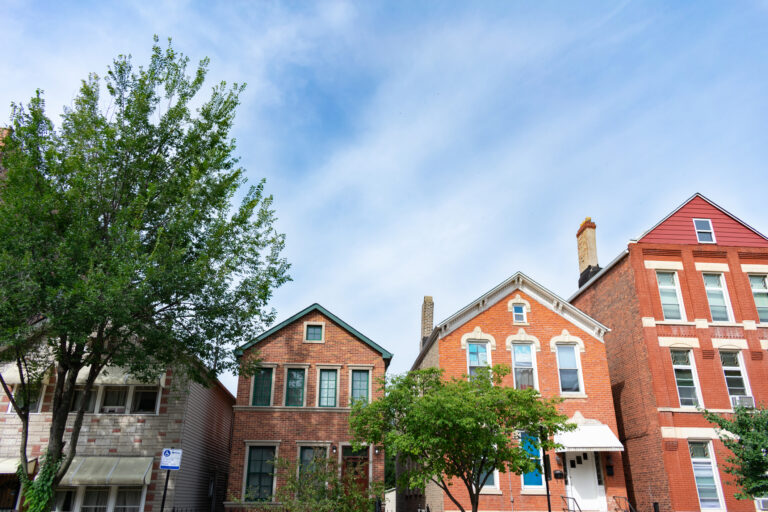Drawing on the theoretical and empirical context of poverty deconcentration efforts in the United States, Mark Joseph, the Leona Bevis/Marguerite Haynam Professor in Community Development and founding director of the National Initiative on Mixed-Income Communities at the Jack, Joseph and Morton Mandel School of Applied Social Sciences, wrote an article presenting a conceptual framework with two alternative pathways for urban development: an inclusionary pathway and an exclusionary pathway.
Joseph described how with the rapid urbanization and lack of effective urban planning in several countries in sub-Saharan Africa, segregation, economic deprivation and social exclusion are particularly severe challenges. In the United States, almost 30 years of poverty deconcentration policy has had mixed results and offers cautions to other countries looking to confront urban segregation. Joseph offers the example of Accra, the capital city of Ghana, a city with substantial clusters of poverty and slum areas, but also some neighborhoods with high existing levels of economic integration.
Joseph’s piece appeared in the March issue of the Journal of Urban Affairs.

